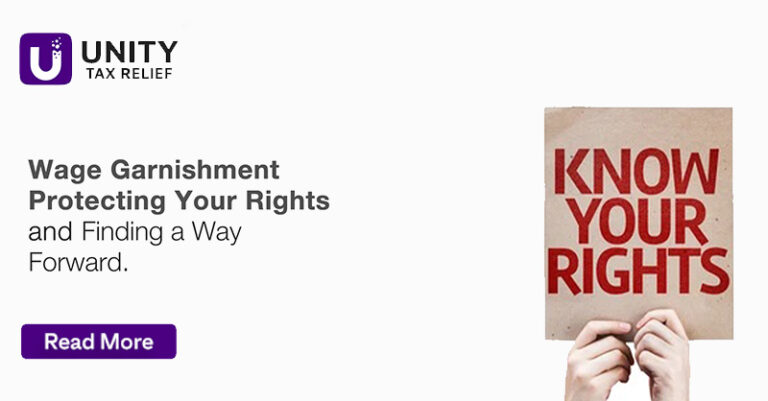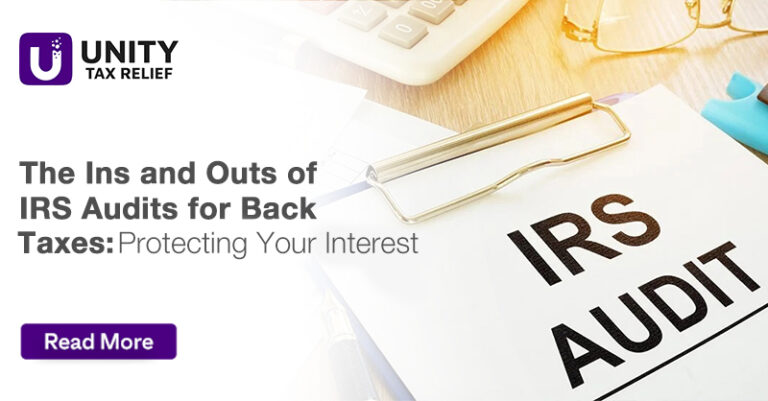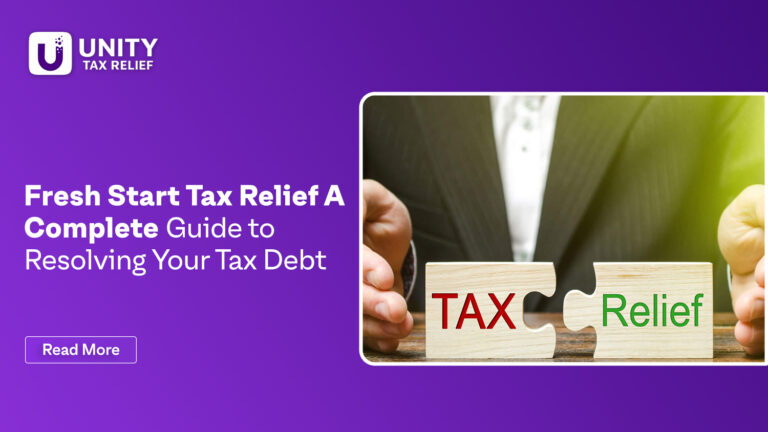Many individuals or enterprises rely on Tax Relief Settlement to find relevant solutions when tax bills increase. The program is a remedy to ease the burden of paying tax debt between an individual and the governing IRS body in the United States of America.
This post will take a look at the benefits and drawbacks of settling tax issues with tax relief settlements and help our readers gain a complete understanding of the concept. Before resorting to such an approach, you will also identify essential factors for consideration.
Tax Relief Settlement is an agreement to pay off tax debt at a rate lowered conventionally implemented between taxpayers, the IRS, and other tax authorities. The tax relief settlement is called a tax settlement/offer in compromise. Taxpayers typically obtain this option when they cannot meet and fulfill the entire tax obligation.
Lower Tax Obligation: Advantages Of The Tax Relief Settlement.
If utilized with caution and wisdom, a relief settlement can offer an escape route to financial freedom for those who need it. Tax relief settlement provides a wide range of benefits to the general audience. Some of them have been highlighted below:
1. Offering Additional Relief: It provides some relief for individuals trying to meet their personal and professional financial obligations.
2. Financial Recovery: Under such circumstances, tax relief agreements may prove valuable to distressed individuals. It will enable them to regain control over their finances and move towards recovery.
3. Avoiding Significant Penalties: If you fail to pay your taxes in full, you will be charged high-interest rates and penalties. However, you may avoid these consequences by opting for a settlement plan. This will prevent the escalation of an uncontrollable tax debt.
4. Fresh Start: This will help you recover financially through a successful tax settlement, allowing for a fresh start and clean record.
5. Avoiding Legal Action: Sometimes, you could pay out your tax debt to prevent the taxing authority from filing a lawsuit against you, like garnishing your wages and seizing your possessions.
The Foremost Risks of Tax Relief Settlement
Tax relief settlements are beneficial, however, one should use them wisely. The concerned individual must also be aware of the potential risks that the program possesses. If you are a business owner or an individual taxpayer needing relief, this option is there for you to grab and reclaim some control in managing your financial future. Even though tax relief settlement provides numerous advantages, it is essential to be aware of any potential risks:
1. Qualification Issues: Settlements do not offer tax relief to all people. If the tax authority finds out that you can settle the entirety of your debt, then your application may get rejected.
2. Disclosure of Financial Information: Applicants must present detailed financial information in case of applying for a settlement with the tax office. This is intrusive and may breach your privacy.
3. Possibility of Rejection: Tax authorities may also reject the settlement. This can call for exploring other means to clear your tax bill.
4. Impact on Credit Score: You might be less likely to secure credit and loans if the tax settlement adversely affects your credit score.
5. Loss of Assets: Sometimes, you might have to lose your assets or pay a lot in lump sums because of a decision made by a tax settlement.
Considerable Factors Prior Before Opting for Tax Relief Settlement
It is crucial to carefully evaluate the following factors before opting for tax relief settlement benefits:
1. Analyzing your Financial Status: Individuals must analyze their present financial status and then decide to opt for tax relief settlement benefits. People who are financially capable of paying their taxes should always abide by the current tax standards. Ensure you have something tangible to prove all your financial claims.
2. Eligibility: Ensure that you meet the prerequisites before starting. Ensure to conduct thorough online research to learn more about tax relief settlement eligibility.
3. Professional Assistance: Seeking help from expert professionals can assist you in navigating through this challenging process and increase the probability of arriving at agreeable terms.
4. The Offer Amount – Enter the amount you intend to offer in your final settlement proposal. Therefore, a fair figure and valuation should correspond with your present financial situation.
5. Impact on Future Finances: Think of the influence that your potential tax settlement may pose. Are you ready to handle a ding on your credit rating and/or sell off assets? Have a clear understanding of the drawbacks before making the final decision.
6. Consider Alternate Options: Consider other options for addressing tax liability, like payment contracts or temporary hardship status.
Final Overview
Tax Relief Settlement represents hope for people who find themselves under the burden of tax debts. This is presented as an opportunity for debt relief, resuscitation of finances, and renewal at large. The risks include problems with eligibility, financial disclosure challenges, and possible impacts on credit scores, among others.
You must analyze your financial situation objectively, get professional guidance, and compare risks and benefits when contemplating whether or not to go for a tax relief solution. By implementing these measures, you will be prepared to make decisions that can assist in achieving your financial goals and lifting the burden of tax arrears.
Conduct thorough online research to gain more knowledge about tax relief settlement. Seeking assistance from reputed firms such as Unity Tax Relief is highly recommended, as the expert team will guide you throughout the filing process for tax relief settlement. Get immediate solutions by collaborating with experienced professionals in this field of study.






